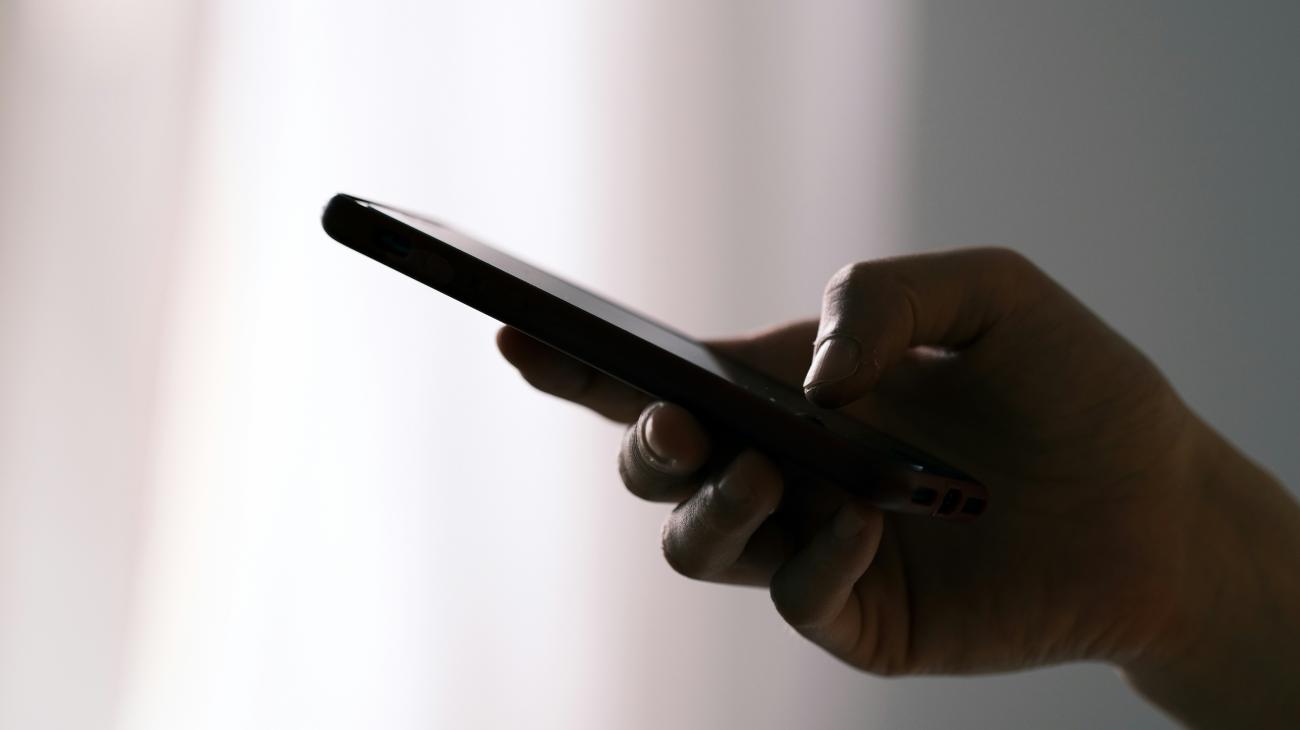
As the U.S. Government sends out the second round of Economic Impact Payments as part of Coronavirus relief, fraudsters are capitalizing on the opportunity to scam Americans out of their money and personal information. Hiya’s trust models analyze 13 billion calls every month and we’ve detected a significant increase in stimulus check scams over the past several weeks as the second round of payments was approved.
While we first saw the stimulus check scam emerge in March 2020, the scam re-emerged in the final days of November and has held surprisingly consistent since, which is abnormal as scams typically decline during holidays. The current campaign is larger and has lasted much longer than any previous stimulus check scam operation. The final quarter of 2020 saw more stimulus check scams than any previous quarter, and the monthly totals for October, November and December were only bested by April, when the first round of checks were distributed.
Types of Scams
Scammers have returned to their previous tactics to victimize the public, such as claiming the user’s bank information is needed for direct deposit or asking for the user’s social security number for faster processing.
The newest tactic is for scammers to impersonate financial services and claim that users can now access lower interest rates as a result of the stimulus package. The Hiya voice performance platform was able to capture a recording of this robocall to give the public a first-hand account of the scam.
Breakdown by Location
To help Americans avoid these calls, Hiya has identified the top area codes targeted by these scammers:
- Denver (303)
- Dallas (214)
- Northern Virginia (703)
- Phoenix (602)
- Southern California (661)
- Fort Worth (817)
- Cincinnati (513)
- San Antonio (210)
- Seattle (206)
- Atlanta (404)
As a reminder, all eligible individuals will receive this second payment with no action required. Individuals should not divulge confidential information, such as banking information, social security number, or other personally identifying information.



